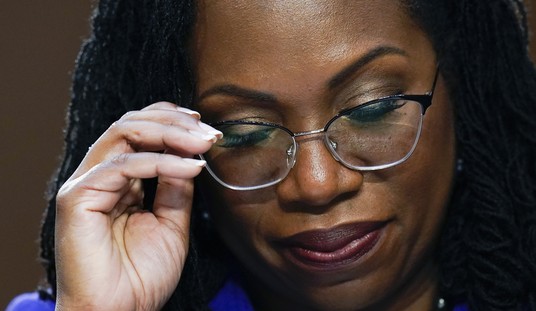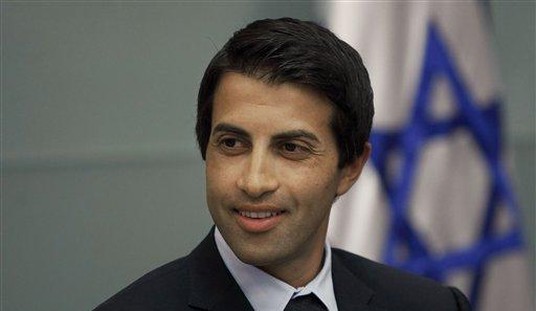Tuesday afternoon, the US Treasury Department moved against two financial institutions suspected of money laundering for Hizballah. In a statement released on its web site, Treasury accuses the two Lebanese banks, Kassem Rmeiti & Co. For Exchange (Rmeiti Exchange) and Halawi Exchange Co. (Halawi Exchange), of engaging in primary money laundering to support the terrorist group’s activities.
According to the Treasury statement:
Today’s action reflects the Treasury Department’s continuing commitment to target illicit financial networks that launder millions of dollars in funds for narcotics traffickers and that, in the process, provide substantial financial benefits to the terrorist organization Hizballah. This action will protect the U.S. financial system from these activities and expose entities supporting the network of designated drug kingpin Ayman Joumaa.
“Following Treasury’s action against the Lebanese Canadian Bank, the Joumaa narcotics network turned to Rmeiti Exchange and Halawi Exchange to handle its money laundering needs,” said Under Secretary for Terrorism and Financial Intelligence David S. Cohen. “As our actions against the Lebanese Canadian Bank, Joumaa and the two exchange houses today make clear, the Treasury Department, working with our partners across the Federal government, will aggressively expose and disrupt sophisticated multi-national money laundering organizations that handle drug proceeds for criminal enterprises including the terrorist group Hizballah.”
The Treasury Department’s 311 action against Lebanese Canadian Bank in February 2011, as well as designations in January 2011 of Ayman Joumaa and two exchange houses, Hassan Ayash Exchange and Ellissa Exchange, exposed the Joumaa network’s money laundering scheme and forced these financial institutions out of the U.S. and international financial systems.
Rmeiti Exchange and Halawi Exchange subsequently picked up the network’s money laundering work, including the trade-based money laundering schemes involving used car dealerships in the United States and consumer goods from Asia. Rmeiti Exchange and Halawi Exchange used their foreign money transmitter businesses to process millions of dollars on behalf of narcotics traffickers and money launderers, and attempted to obfuscate the source of illicit funds by comingling or splitting transactions across a variety of businesses, financial institutions, and continents, including in the United States.
In conjunction with today’s findings that Rmeiti Exchange and Halawi Exchange are foreign financial institutions of primary money laundering concerns, Treasury’s Financial Crimes Enforcement Network (FinCEN) also issued an order, effective immediately and with a 120-day duration, that requires U.S. financial institutions to report information on any new or attempted transactions by Rmeiti Exchange and Halawi Exchange. Treasury also today issued a notice of proposed rulemaking that, if adopted as a final rule, would continue the reporting requirement imposed by the order and prohibit any U.S. financial institution from opening or maintaining a correspondent or payable-through account that is used to process a transaction that involves Rmeiti Exchange and Halawi Exchange, effectively cutting off these exchanges from the U.S. financial system.
Hizballah is well known for its terrorist activities, within Lebanon, against Israel, and worldwide. It’s less well known for its drug network, which the group uses to finance its global operations. Cut off the drug money, and we may be able to strangle the beast somewhat. It still receives funding from Iran.
Treasury should get a great deal of credit for pursuing the complex schemes that Hizballah sets up to hide what it’s doing and how it finances terror.









Join the conversation as a VIP Member